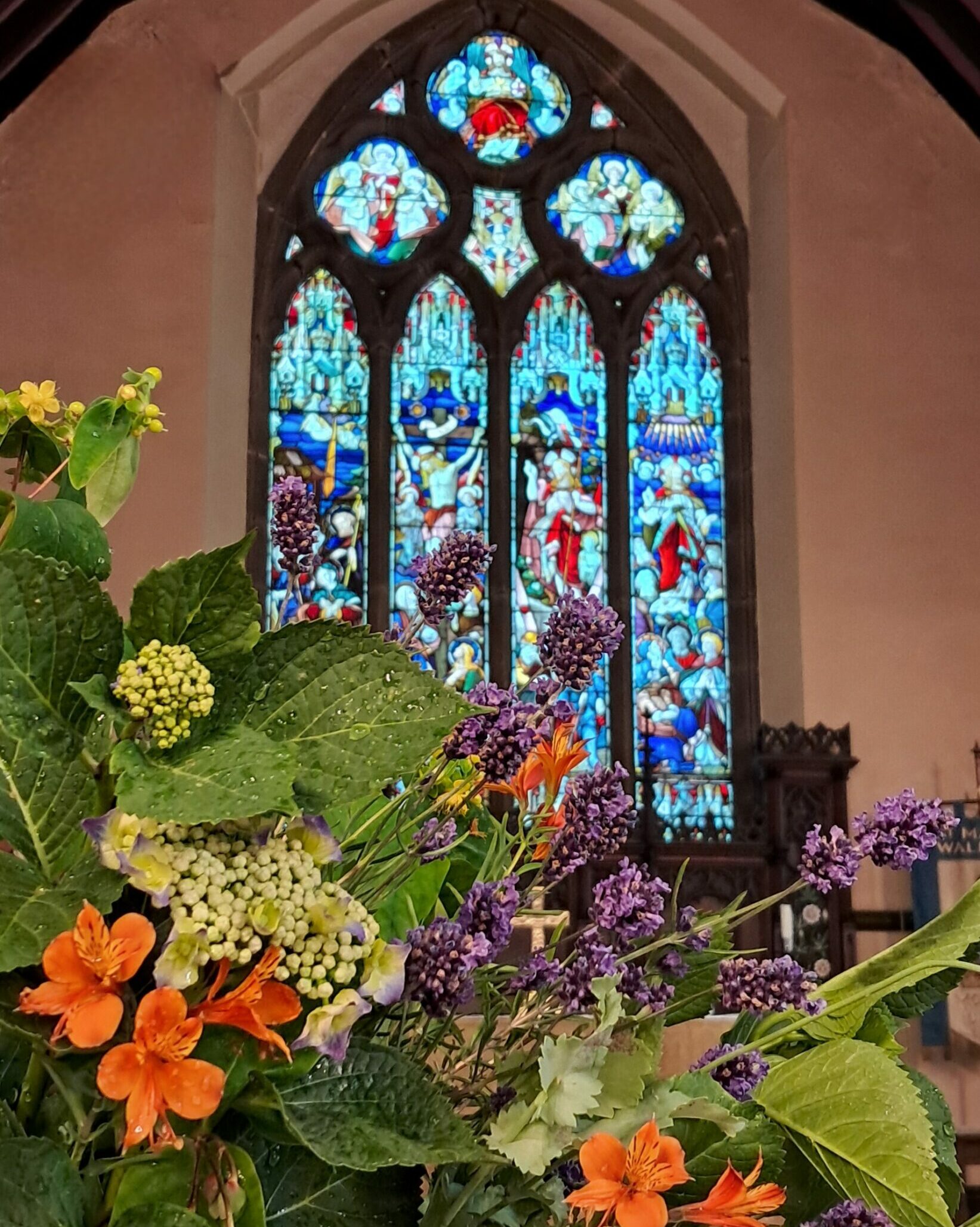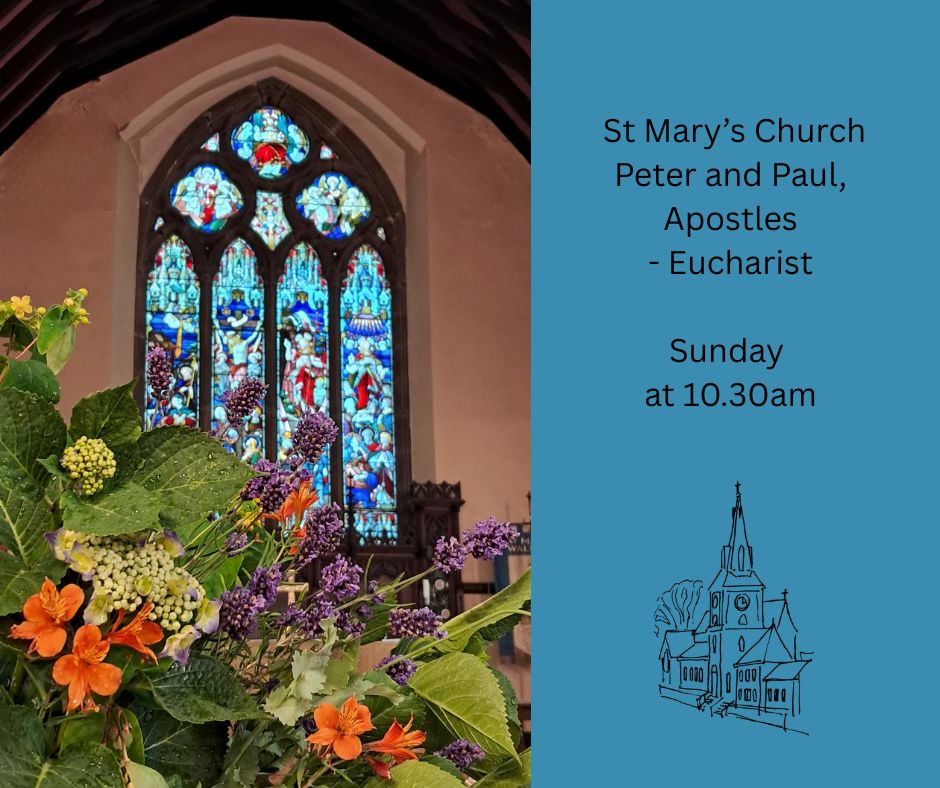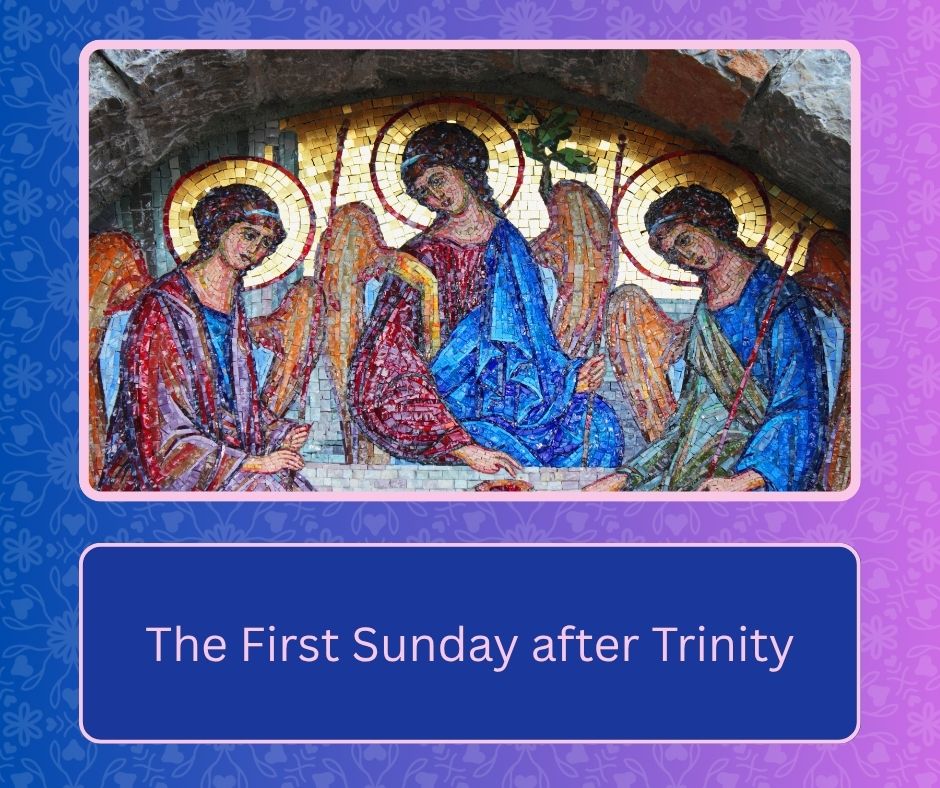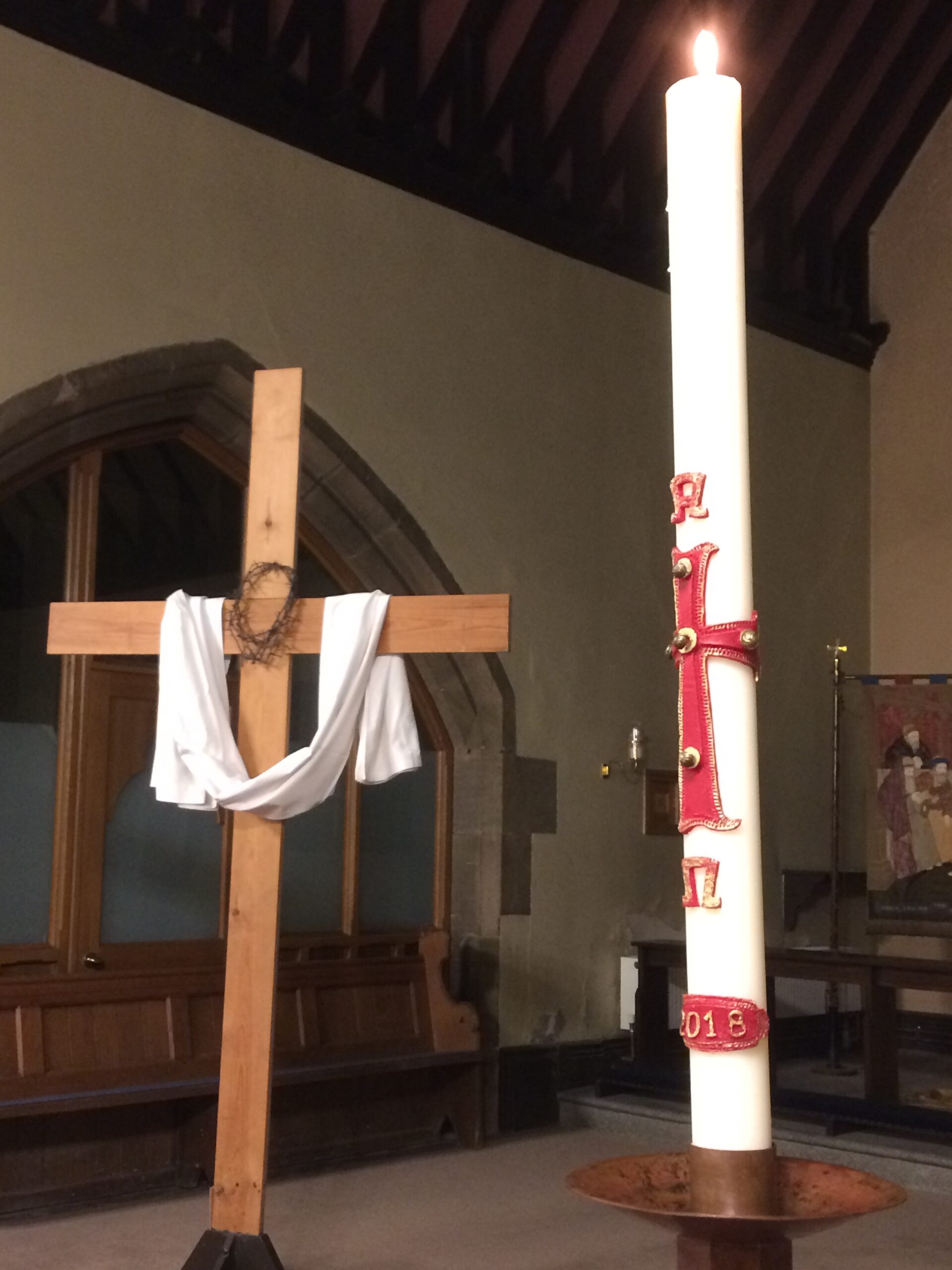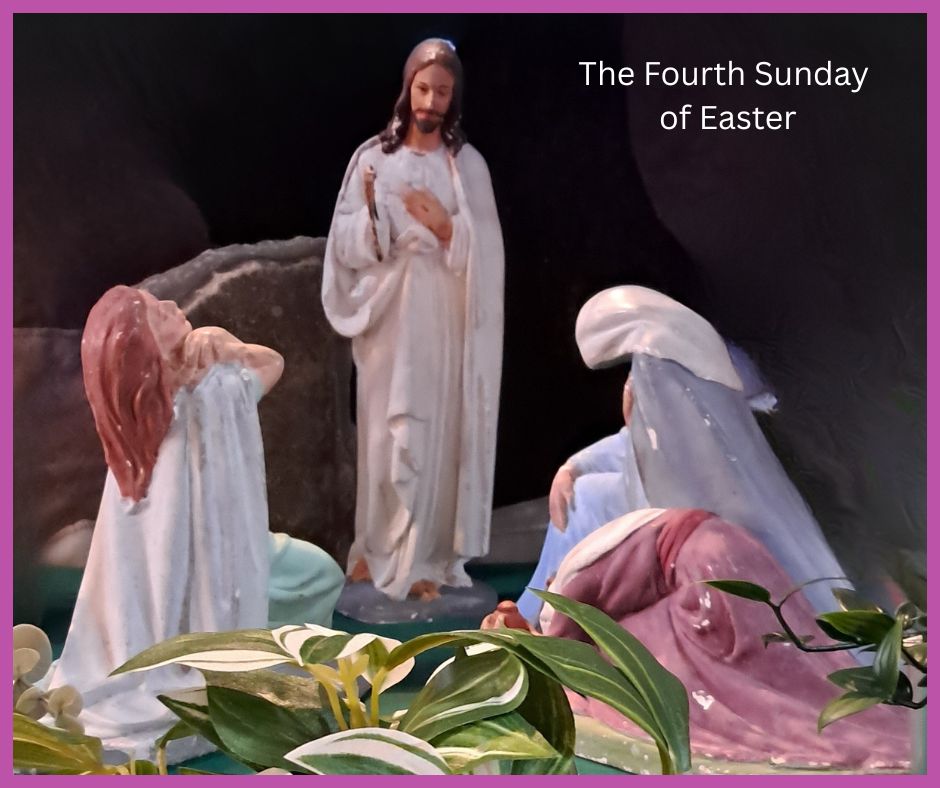
Watch this week's service on YouTube
Download the order of service here - 25 07 13 4th Sunday after Trinity
Read this week's Church News
The Readings.
The Sermon
Prepared by The Revd Canon Dr Alan Billings.
Today’s gospel is in two parts. The second part – the story of the Good
Samaritan – is well known and the meaning clear: we should help our
neighbour in need in whatever way we can. So I will lay that to one side.
Let’s look, rather, at the first part. The lawyer’s question to Jesus: ‘What shall
I do to inherit eternal life?’
This lawyer is not the sort of lawyer we have now - someone who knows the
laws passed by Parliament. There was no parliament in the time of Jesus.
These lawyers are scholars who know the laws or commandments of God,
according to the Jewish Bible - the Old Testament. Jews believed that if they
lived according to these commandments, they would inherit eternal life.
There are 613 commandments scattered through the Bible. 248 are positive:
do this. 365 are negative: don’t do that. You will be familiar with some: like the
Ten Commandments, which are a mix of positive – remember the Sabbath
day to keep it holy - and negative - You shall not steal.
It was the job of the lawyers, like rabbis today, to know what all the
commandments are and how they apply in life’s changing circumstances.
Now the question the lawyer asked Jesus, ‘What shall I do to inherit eternal
life?’, was a question from one Jew to another in a religious society and
culture.
But I think it’s the sort of question that all people wrestle with in all societies
and cultures, even less religious ones like ours.
The question we ask ourselves at some point in our lives is this: how do I live
well? How do I live in a way that is ethically satisfying to me and to God?
In September I’m going to marry a young couple in Cawthorne church, near
Barnsley. Towards the end of the service we’ll pray for their future married life.
The prayer ends with these words:
“May they nurture their family with devotion, see their children grow in
body, mind and spirit and come at last to the end of their lives with
hearts content…”
Those final words - “and come at last to the end of their lives with hearts
content…” capture, I think, what the lawyer is getting at with his question to
Jesus and what so many people ask today, though in their own way.
How am I to live so that I come to the end of my life with heart content?
Sometimes when a life ends, and we look back over it, we can be fairly sure
that this person would be able to say that their heart was content. Let me call
to mind someone who died at the start of the nineteenth century and
someone who died recently, to show what I mean.
A couple of weeks ago, I was in Winchester cathedral. In the north aisle I
passed the grave of Jane Austen, the novelist, who is buried there. You may
have read some of her novels or seen the TV adaptation of Pride and
Prejudice with Colin Firth and Jennifer Ehle.
Although she died young – she was 41 – I think she could have had a
contented heart. She had succeeded against considerable odds to do what
she always wanted – to write. But those who laid her to rest remembered her
primarily for other reasons. Her gravestone only hints at the fact that she was
a writer – it speaks of ‘the extraordinary endowment of her mind’. It dwells
more on her character: ’The benevolence of her heart, the sweetness of her
temper…’ ’The benevolence of her heart, the sweetness of her temper…’
And that made me think of the tragic death last week of the Liverpool
footballer, Diogo Jota. He also died young. But what I found so moving was
not just the fact that so many were so heartbroken at his death, but the
reasons why. Yes, they had lost a very talented player. But, as one former
captain of Liverpool put it, it was not just what he did on the field but the sort
of human being he was off it.
We want to do our best in our working life – as a novelist or a footballer or
anything else. But what will bring us to the end of our lives with hearts content
is how we treat those around us. The benevolence of our heart. The
sweetness of our temper.
What must I do to inherit eternal life? The answer for the lawyer and for us is
the same: Do what will bring you to the end of your life with heart content.
The Prayers
Common Worship: Times and Seasons, material from which is used here is copyright (c) 2010 The Archbishops' Council


